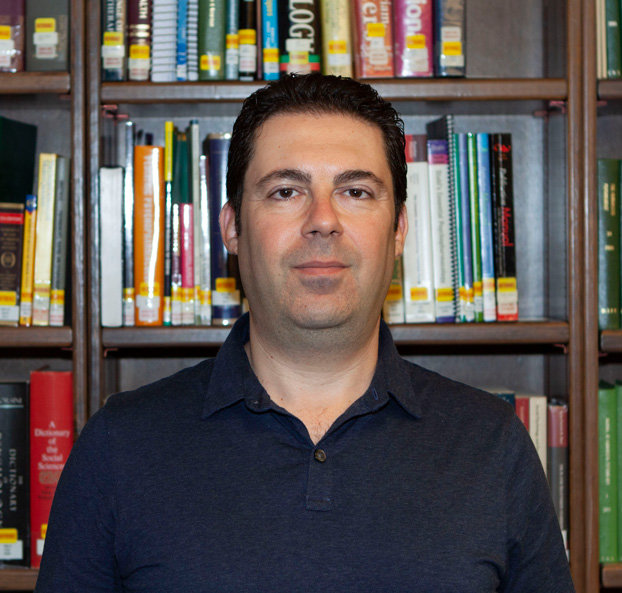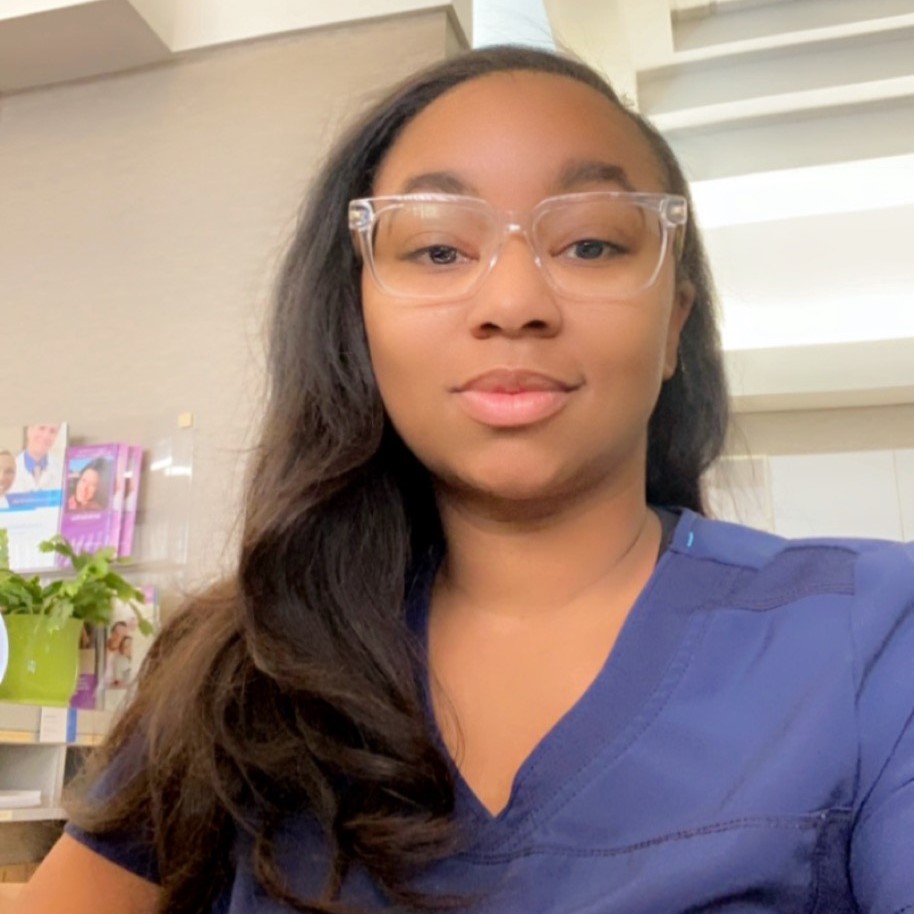
Dr. Lampropoulos joined the Michigan School of Psychology as a faculty member in 2018. Prior to joining MSP, he was a core faculty at the Clinical PsyD Program at Adler University in Chicago, and at the Counseling/School Psychology PhD Program at Florida State University. He has taught a variety of clinical and research courses over the years, and has served as the Coordinator of the MS/EdS program in Mental Health Counseling at Florida State University. As a graduate faculty he has served on numerous clinical, training, and research committees, and he frequently reviews for academic journals in clinical and counseling psychology.
His scholarly interests include four interrelated applied clinical areas. Specifically, his 30 publications and 60 conference presentations to date have focused on (a) Psychotherapy process and outcome; (b) Psychotherapy integration; (c) Therapist development /training/supervision, and (d) International and diversity issues in psychology and psychotherapy. Dr. Lampropoulos looks forward to collaborating and mentoring students in a variety of clinical psychology and psychotherapy topics.
Education
- PhD in Counseling Psychology, Ball State University
- MS in Clinical Psychology, University of Crete, Greece
- BS in Psychology, University of Crete, Greece
Areas of Expertise
- Psychotherapy Process and Outcome
- Research Methods
- Homework in Psychotherapy
- Client views and Self-change
- The therapeutic relationship
- Complementary and Adjunct therapies
- The integration of psychotherapy models
- Clinical Training and Supervision
- Therapist personal and professional development
- Cognitive-Behavior Therapy
- Client-centered therapy and skills
- Positive Psychology
- Evidence-based Practices
- International Psychology
- Diversity Issues in Mental Health
- Social Justice Issues
Select Publications
Walker, J. & Lampropoulos, G. K. (2014). A comparison of self-help (homework) activities for mood enhancement: Results from a brief randomized controlled trial. Journal of Psychotherapy Integration, 24, 46-64.
Lampropoulos, G. K. (2011). Failure in psychotherapy: An Introduction. Journal of Clinical Psychology / In Session, 67, 1093-1095.
Prevatt, F., Lampropoulos, G. K., Bowles, V., & Garret, L. (2011). The use of between session assignments in ADHD coaching with college students. Journal of Attention Disorders, 15,18-27.
Lampropoulos, G. K. (2010). Type of counseling termination and trainee therapist-client agreement about change. Counselling Psychology Quarterly, 23, 111-120.
Lampropoulos, G. K., Schneider, M. K., & Spengler, P. M. (2009). Predictors of early termination in a university counseling training clinic. Journal of Counseling and Development, 87, 36-46.
Select Presentations
Butterfield, A., & Lampropoulos, G. K. (2018, October). Self-care as a moderator between perceived stress and empathy towards clients in clinical and counseling psychology doctoral students. Poster to be presented at the 11th International Congress of Clinical Psychology, Granada, Spain.
Lampropoulos, G. K., & Bobova, L. (2015, June). Integrating Positive Psychology and Social Justice: Theoretical, research, and practice applications. Paper presented at the Fourth World Congress on Positive Psychology, Lake Buena Vista, FL.
Bourgoin, K. A., & Lampropoulos, G. K. (2014, April). The effects of mindful yoga practice on the well-being of college students: Results from a randomized controlled dismantling trial. Paper presented at the 2014 International Meeting of the Society for the Exploration of Psychotherapy Integration, Montreal, QC.
Barbash, E., & Lampropoulos, G. K. (2014, April). Personality and training as predictors of psychology students’ theoretical orientation. Paper presented at the 2014 International Meeting of the Society for the Exploration of Psychotherapy Integration, Montreal, QC.
Herman, K., Lampropoulos, G. K., Dutton, G., & McClure, A. (2013, October). Development and testing of an enhanced homework procedure for a weight loss management group intervention. Paper presented at the 2013 International Meeting of the North American Society for Psychotherapy Research, Memphis, TN.
Moore Stodard, M., & Lampropoulos, G. K. (2013, October). Graduate training in the use of homework in psychotherapy: Relationship with trainee self-efficacy and outcome expectations, and client homework compliance. Paper presented at the 2013 International Meeting of the North American Society for Psychotherapy Research, Memphis, TN.
Walker, J. & Lampropoulos, G. K. (2013, August). A randomized controlled trial of character strengths interventions. Poster presented at the 121st Annual Convention of the American Psychological Association, Honolulu, HI.
Lampropoulos, G. K., & Walker, J. (2011, June). Client personality and homework task variables as predictors of compliance with self-help homework assignments: Results from a randomized controlled trial. Paper presented at the 42nd International Meeting of Society for Psychotherapy Research, Bern, Switzerland.
Professional Memberships
- American Psychological Association
- Society of Clinical Psychology (12)
- Society of Counseling Psychology (17)
- Society for the Advancement of Psychotherapy (29)
- Society for Psychotherapy Research
- Society for the Exploration of Psychotherapy Integration
Q&A
- Please describe your teaching philosophy.
My teaching and mentoring philosophy in general consists of individualizing my instruction and advising to students’ individual career goals, needs, and circumstances, while at the same time aiming to inspire and teach students to become evidence-driven, critically thinking, and socially aware citizens and professionals. In the classroom, I aim to reach students from different backgrounds via a multitude of methods and make the topics lively, interesting, and relevant to their lives. My overall goal is to inspire, support, and facilitate students’ career goals in their chosen direction.
- What advice would you give to a student entering The Michigan School of Psychology?
My suggestions include: (a) Plan and individualize your training experiences to fit your specific future educational and career goals; (b) Keep a balance between trying new professional experiences and specializing in one area; (c) Build and utilize a social and support network, including your peers, and (d) Keep perfectionism in check and be compassionate to yourself.
